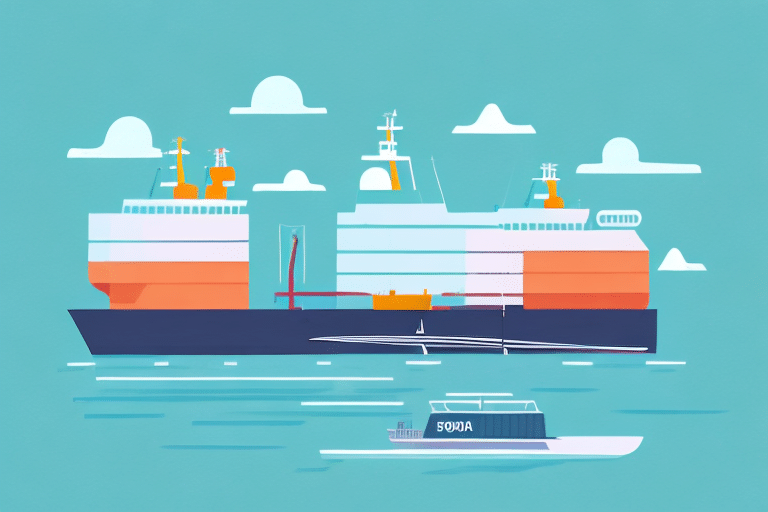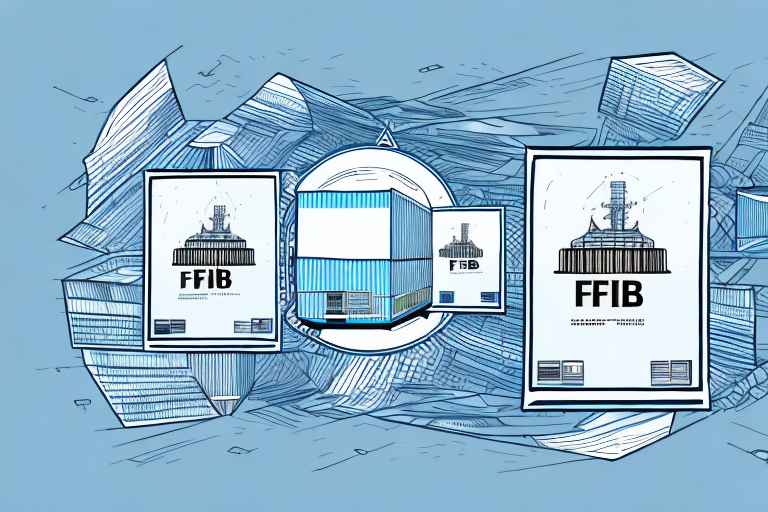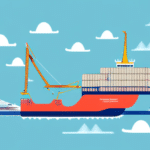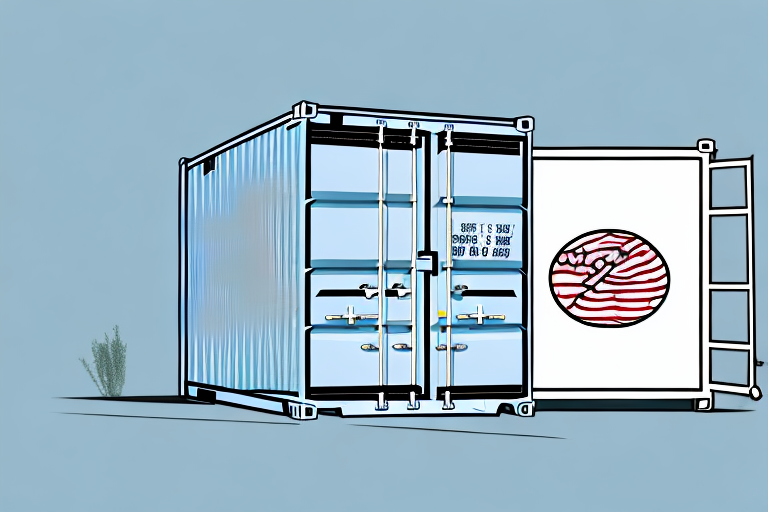Understanding FOB Ship Points in International Trade
If you're involved in international trade, you've likely encountered the term "FOB ship point" or "FOB shipping." But what exactly does it mean, and how does it impact your business operations? This comprehensive guide explores the intricacies of FOB ship points, providing detailed insights to help you navigate international shipping agreements effectively.
The Role of FOB Ship Points in International Trade
FOB (Free On Board) ship points are pivotal in defining the responsibilities and liabilities of buyers and sellers during the shipping process. By establishing a clear point of ownership transfer, FOB agreements help mitigate risks and clarify cost responsibilities.
Definition and Core Principles
In an FOB ship point agreement, the seller is responsible for delivering and loading the goods onto the shipping vessel at the designated port. Once the goods are on board, ownership and responsibility shift to the buyer, including any subsequent costs and risks.
Impact on Risk Management
FOB agreements delineate the point at which the risk of loss or damage transfers from the seller to the buyer, reducing potential disputes. According to the International Chamber of Commerce, clearly defined terms like FOB are essential for effective risk management in international trade.
Types and Variations of FOB Shipping Agreements
Understanding the different variations of FOB agreements is crucial for selecting the right shipping terms for your business needs.
FOB Origin
Under FOB Origin terms, the buyer assumes ownership and responsibility once the goods are loaded onto the shipping vessel. This places the onus on the buyer to handle transportation from the port of origin.
FOB Destination
Contrarily, FOB Destination means the seller retains ownership until the goods reach the buyer’s specified destination, providing the buyer with more control over the shipping process.
FOB Shipping Point vs. FOB Delivery Point
The primary distinction lies in the transfer of responsibility and risk. FOB Shipping Point transfers these once goods are shipped, whereas FOB Delivery Point transfers them upon delivery.
Advantages and Disadvantages of Using FOB Ship Points
FOB ship points offer several benefits but also come with potential drawbacks that businesses must consider.
Advantages
- Clear Responsibility Transfer: Defines precise points of ownership transfer, reducing ambiguity.
- Cost Management: Helps in budgeting by clearly outlining who bears which costs.
- Risk Mitigation: Minimizes disputes related to damage or loss during transit.
Disadvantages
- Logistical Complexity: Coordinating shipments from designated points can be challenging, especially with multiple suppliers.
- Potential Higher Costs: If the FOB point is in a remote location, transportation costs may increase.
- Responsibility Shift: Buyers may face unforeseen risks once ownership transfers.
Choosing the Right FOB Ship Point for Your Business
Selecting the appropriate FOB ship point is crucial for optimizing shipping efficiency and cost-effectiveness.
Factors to Consider
- Location of the Port: Proximity to suppliers and buyers can significantly impact transportation costs.
- Infrastructure and Facilities: Well-equipped ports facilitate smoother loading and unloading processes.
- Supplier Reliability: Partnering with reputable suppliers ensures timely and safe shipments.
Cost Implications
Different ports have varying fees, including handling, customs, and storage charges. For instance, a study by the World Bank highlights that efficient port operations can reduce overall shipping costs by up to 20%.
Best Practices for Managing FOB Shipments Effectively
Effective management of FOB shipments can streamline your supply chain and enhance business productivity.
Clear Communication
Maintain open lines of communication with all parties involved to ensure clarity regarding shipment details and responsibilities.
Proper Documentation
Ensure all necessary documents, such as bills of lading, customs declarations, and export licenses, are accurately prepared and submitted on time.
Insurance and Risk Management
Purchasing insurance can protect against potential losses or damages during transit, providing an added layer of security.
Future Trends in FOB Shipping
The landscape of international shipping is evolving, with several emerging trends poised to influence FOB shipping practices.
Automation and Robotics
Advancements in automation are enhancing the efficiency of packaging and loading processes, reducing human error and operational costs.
Blockchain Technology
Blockchain is being utilized to increase transparency and security in supply chains, ensuring the authenticity and traceability of shipments.
Sustainability Initiatives
There is a growing emphasis on sustainable shipping practices, including the use of eco-friendly materials and reducing carbon footprints.
Conclusion: Is a FOB Ship Point Right for Your Business?
FOB ship points can be a strategic component of your international trade operations, offering clear guidelines on responsibility and cost allocation. However, it's essential to weigh the advantages against potential challenges and select the most appropriate FOB terms that align with your business objectives and logistical capabilities. By adhering to best practices and staying informed about industry trends, you can leverage FOB ship points to enhance your global trade efficiency and competitiveness.






















